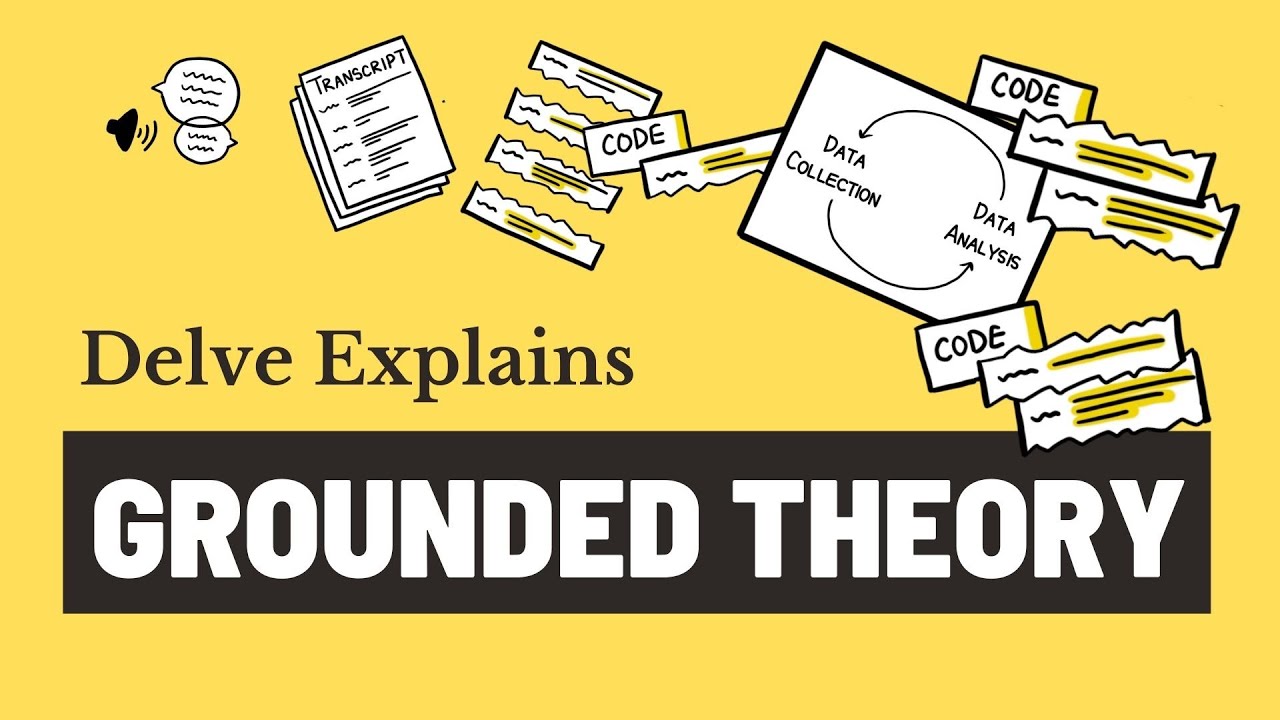Grounded theory is a qualitative research method that aims to generate or discover a theory which was grounded in data systematically gathered and analyzed. It is a flexible and interpretative approach to exploring the social world from participants.
Key Steps in Grounded Theory
Data Collection:
Use a method or methods for gathering rich and detailed data, such as interviews, observations, questionnaires or document analysis.
Data Analysis:
Get as close to the data as possible, then develop your first categories and ideas.
Using the coding to detect relationships or patterns in the data.
Write theory memos to explicate the new theory that emerge
Theory Development:
Develop a core category that represents the basic social process of the study.
Identify subcategories that are connected to the core category.
Continue to collect and analyze data, revisioning the theory.
Theory Testing:
Validate the theory by gathering more data and contrast it with the theoretical framework you already have.
Theory Writing:
Explain the theory, including things like core categories, subcategories and propositions.
Principles & Practices of Grounded Theory
Constant comparative analysis: Always compare new data with existing codes and theories.
When analysing data, be reflexive and flexible in your approach.
14) Theoretical Sampling: Select more data purposefully to elaborate the theory.
Detail memos: Describe each step of the research process, methodological choices and where you may have gone wrong or otherwise made as clear as possible your thinking
Uses of Grounded Theory Researchers use grounded theory in a number of fields, including:
Social sciences: Sociology, anthropology, psychology.
Health sciences: Nursing, health services research, and medical education.
Education: Research and curricula in college education.
Grounded theory allows the researchers to come up with theories in greater depth and detail which are drawn directly from the data. It serves as a strong means of investigating complex social phenomena in order to generate new knowledge.



